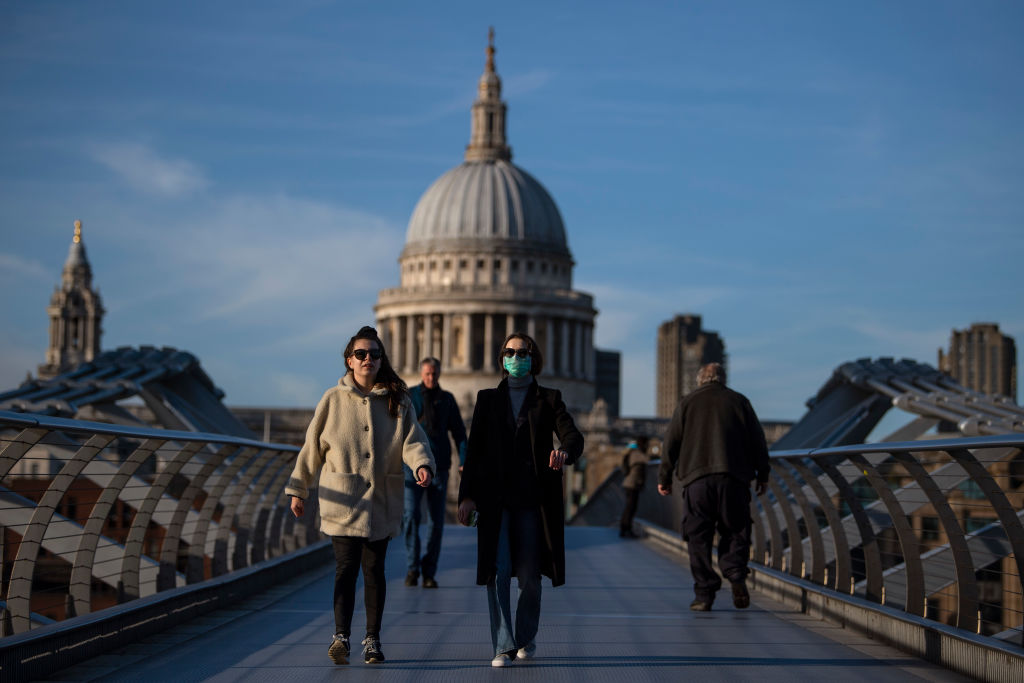Let’s talk about herd immunity.
Are some cities and regions acquiring it sooner than expected and thus have higher than expected protection against Covid-19? https://trib.al/ACe2r0n ">https://trib.al/ACe2r0n&q...
Are some cities and regions acquiring it sooner than expected and thus have higher than expected protection against Covid-19? https://trib.al/ACe2r0n ">https://trib.al/ACe2r0n&q...
The evidence for herd immunity can be seen in:
 https://abs.twimg.com/emoji/v2/... draggable="false" alt="🇸🇪" title="Flagge von Schweden" aria-label="Emoji: Flagge von Schweden">Sweden, even though the Swedes rarely wear masks or social distance.
https://abs.twimg.com/emoji/v2/... draggable="false" alt="🇸🇪" title="Flagge von Schweden" aria-label="Emoji: Flagge von Schweden">Sweden, even though the Swedes rarely wear masks or social distance.
 https://abs.twimg.com/emoji/v2/... draggable="false" alt="🇬🇧" title="Flagge des Vereinigten Königreiches" aria-label="Emoji: Flagge des Vereinigten Königreiches">London, England, where the bars and movie theaters are open, yet the health situation appears to be stable http://trib.al/ACe2r0n ">https://trib.al/ACe2r0n&q...
https://abs.twimg.com/emoji/v2/... draggable="false" alt="🇬🇧" title="Flagge des Vereinigten Königreiches" aria-label="Emoji: Flagge des Vereinigten Königreiches">London, England, where the bars and movie theaters are open, yet the health situation appears to be stable http://trib.al/ACe2r0n ">https://trib.al/ACe2r0n&q...
Some research suggests that regions acquire partial herd immunity at 20% exposure. Earlier estimates had suggested up to 70% exposure would be needed. If true, this could be very good news http://trib.al/ACe2r0n ">https://trib.al/ACe2r0n&q...
But there are caveats.
Many herd immunity hypotheses invoke the idea of “superspreaders.” That logic makes some sense except for one issue: namely, that the identities of potential superspreaders can change over time http://trib.al/ACe2r0n ">https://trib.al/ACe2r0n&q...
Many herd immunity hypotheses invoke the idea of “superspreaders.” That logic makes some sense except for one issue: namely, that the identities of potential superspreaders can change over time http://trib.al/ACe2r0n ">https://trib.al/ACe2r0n&q...
Perhaps choir singers were superspreaders, but with most choral singing shut down, maybe TSA security guards are the new superspreaders.
Or the onset of winter and colder weather might make waiters a new set of superspreaders, as more people dine inside http://trib.al/ACe2r0n ">https://trib.al/ACe2r0n&q...
Or the onset of winter and colder weather might make waiters a new set of superspreaders, as more people dine inside http://trib.al/ACe2r0n ">https://trib.al/ACe2r0n&q...
Herd immunity might be a temporary state of affairs.
The very economic and social changes brought by the virus may induce a rotation of potential superspreaders, thereby undoing some of the acquired protection http://trib.al/ACe2r0n ">https://trib.al/ACe2r0n&q...
The very economic and social changes brought by the virus may induce a rotation of potential superspreaders, thereby undoing some of the acquired protection http://trib.al/ACe2r0n ">https://trib.al/ACe2r0n&q...
Regions with herd immunity might be vulnerable to “invasion” from less protected parts of the country.
Maybe hard-hit New York City has partial herd immunity, but outsiders are going to start to visit, undoing some of the current level of protection http://trib.al/ACe2r0n ">https://trib.al/ACe2r0n&q...
Maybe hard-hit New York City has partial herd immunity, but outsiders are going to start to visit, undoing some of the current level of protection http://trib.al/ACe2r0n ">https://trib.al/ACe2r0n&q...
Meanwhile, New Yorkers themselves will take more chances and be exposed to higher doses of the virus.
Their current levels of immunity, while useful, will not make them invulnerable against all possible forms and degrees of exposure http://trib.al/ACe2r0n ">https://trib.al/ACe2r0n&q...
Their current levels of immunity, while useful, will not make them invulnerable against all possible forms and degrees of exposure http://trib.al/ACe2r0n ">https://trib.al/ACe2r0n&q...
One possible motivation for the herd hypothesis is that a chunk of the population already had been exposed to other coronaviruses, thereby giving it partial immunity to Covid-19.
This “reservoir” of protected individuals could slow the spread of the virus http://trib.al/ACe2r0n ">https://trib.al/ACe2r0n&q...
This “reservoir” of protected individuals could slow the spread of the virus http://trib.al/ACe2r0n ">https://trib.al/ACe2r0n&q...
But if some parts of the world are less exposed to cross-immunities, Covid-19 is likely to ravage them all the more — and very rapidly at that http://trib.al/ACe2r0n ">https://trib.al/ACe2r0n&q...
That hypothetical scenario might help explain the severe Covid-19 toll in:
 https://abs.twimg.com/emoji/v2/... draggable="false" alt="🌎" title="Amerika auf dem Globus" aria-label="Emoji: Amerika auf dem Globus">Latin America
https://abs.twimg.com/emoji/v2/... draggable="false" alt="🌎" title="Amerika auf dem Globus" aria-label="Emoji: Amerika auf dem Globus">Latin America
 https://abs.twimg.com/emoji/v2/... draggable="false" alt="🌏" title="Asien-Australien auf dem Globus" aria-label="Emoji: Asien-Australien auf dem Globus">India
https://abs.twimg.com/emoji/v2/... draggable="false" alt="🌏" title="Asien-Australien auf dem Globus" aria-label="Emoji: Asien-Australien auf dem Globus">India
 https://abs.twimg.com/emoji/v2/... draggable="false" alt="🌍" title="Europa-Afrika auf dem Globus" aria-label="Emoji: Europa-Afrika auf dem Globus">South Africa
https://abs.twimg.com/emoji/v2/... draggable="false" alt="🌍" title="Europa-Afrika auf dem Globus" aria-label="Emoji: Europa-Afrika auf dem Globus">South Africa
Herd immunity, as a general concept, could mean a more dangerous virus for some areas and population subgroups http://trib.al/ACe2r0n ">https://trib.al/ACe2r0n&q...
Herd immunity, as a general concept, could mean a more dangerous virus for some areas and population subgroups http://trib.al/ACe2r0n ">https://trib.al/ACe2r0n&q...
Continued monitoring of Sweden, southeast England and New York City will probably reveal whether the herd immunity hypothesis is true.
But no matter how that evidence turns out, this is no time to let down our guard http://trib.al/ACe2r0n ">https://trib.al/ACe2r0n&q...
But no matter how that evidence turns out, this is no time to let down our guard http://trib.al/ACe2r0n ">https://trib.al/ACe2r0n&q...

 Read on Twitter
Read on Twitter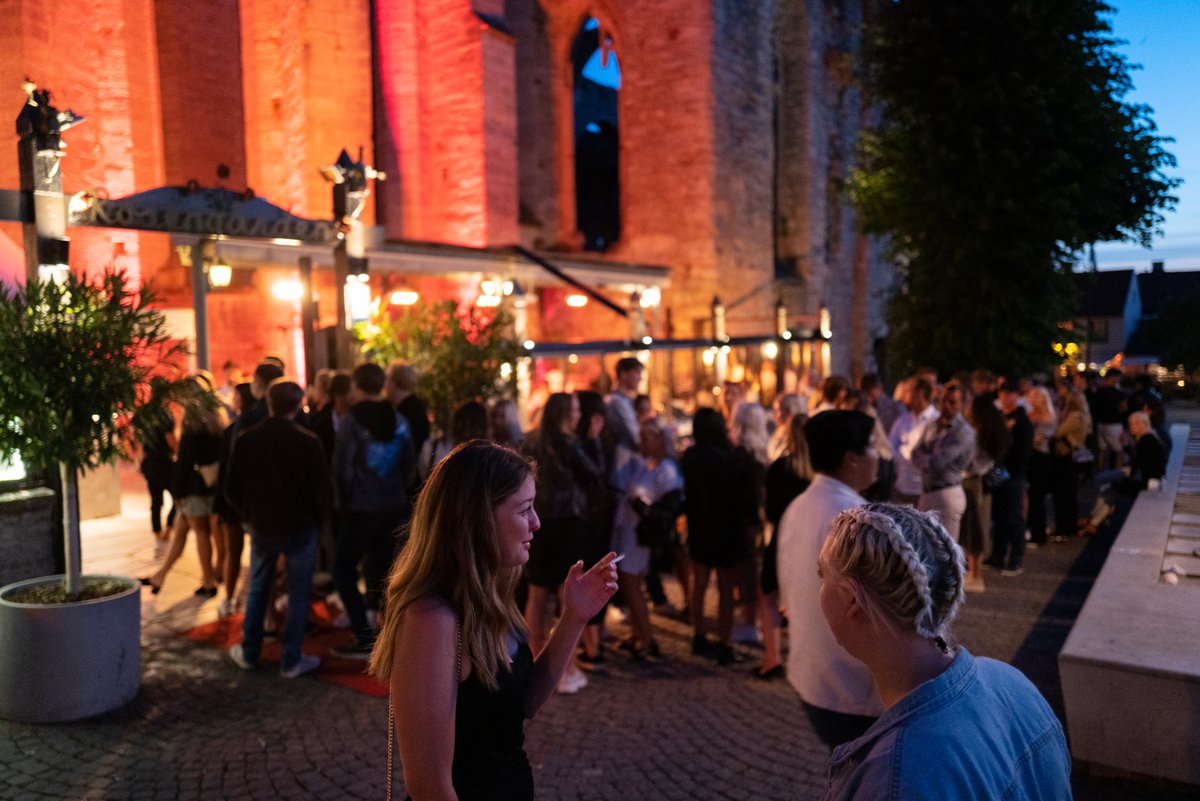 Sweden, even though the Swedes rarely wear masks or social distance.https://abs.twimg.com/emoji/v2/... draggable="false" alt="🇬🇧" title="Flagge des Vereinigten Königreiches" aria-label="Emoji: Flagge des Vereinigten Königreiches">London, England, where the bars and movie theaters are open, yet the health situation appears to be stable https://trib.al/ACe2r0n&q..." title="The evidence for herd immunity can be seen in:https://abs.twimg.com/emoji/v2/... draggable="false" alt="🇸🇪" title="Flagge von Schweden" aria-label="Emoji: Flagge von Schweden">Sweden, even though the Swedes rarely wear masks or social distance.https://abs.twimg.com/emoji/v2/... draggable="false" alt="🇬🇧" title="Flagge des Vereinigten Königreiches" aria-label="Emoji: Flagge des Vereinigten Königreiches">London, England, where the bars and movie theaters are open, yet the health situation appears to be stable https://trib.al/ACe2r0n&q..." class="img-responsive" style="max-width:100%;"/>
Sweden, even though the Swedes rarely wear masks or social distance.https://abs.twimg.com/emoji/v2/... draggable="false" alt="🇬🇧" title="Flagge des Vereinigten Königreiches" aria-label="Emoji: Flagge des Vereinigten Königreiches">London, England, where the bars and movie theaters are open, yet the health situation appears to be stable https://trib.al/ACe2r0n&q..." title="The evidence for herd immunity can be seen in:https://abs.twimg.com/emoji/v2/... draggable="false" alt="🇸🇪" title="Flagge von Schweden" aria-label="Emoji: Flagge von Schweden">Sweden, even though the Swedes rarely wear masks or social distance.https://abs.twimg.com/emoji/v2/... draggable="false" alt="🇬🇧" title="Flagge des Vereinigten Königreiches" aria-label="Emoji: Flagge des Vereinigten Königreiches">London, England, where the bars and movie theaters are open, yet the health situation appears to be stable https://trib.al/ACe2r0n&q..." class="img-responsive" style="max-width:100%;"/>
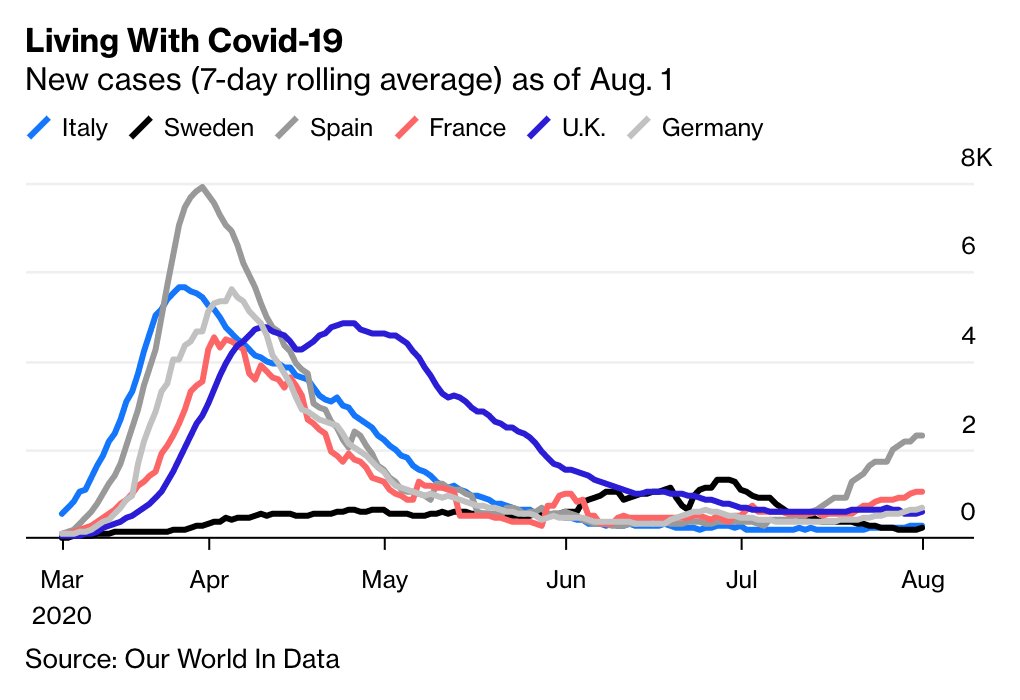 In both London and Sweden, case and death rates have plummeted.Some research suggests that regions acquire partial herd immunity at 20% exposure. Earlier estimates had suggested up to 70% exposure would be needed. If true, this could be very good news https://trib.al/ACe2r0n&q..." title="https://abs.twimg.com/emoji/v2/... draggable="false" alt="📉" title="Tabelle mit Abwärtstrend" aria-label="Emoji: Tabelle mit Abwärtstrend"> In both London and Sweden, case and death rates have plummeted.Some research suggests that regions acquire partial herd immunity at 20% exposure. Earlier estimates had suggested up to 70% exposure would be needed. If true, this could be very good news https://trib.al/ACe2r0n&q..." class="img-responsive" style="max-width:100%;"/>
In both London and Sweden, case and death rates have plummeted.Some research suggests that regions acquire partial herd immunity at 20% exposure. Earlier estimates had suggested up to 70% exposure would be needed. If true, this could be very good news https://trib.al/ACe2r0n&q..." title="https://abs.twimg.com/emoji/v2/... draggable="false" alt="📉" title="Tabelle mit Abwärtstrend" aria-label="Emoji: Tabelle mit Abwärtstrend"> In both London and Sweden, case and death rates have plummeted.Some research suggests that regions acquire partial herd immunity at 20% exposure. Earlier estimates had suggested up to 70% exposure would be needed. If true, this could be very good news https://trib.al/ACe2r0n&q..." class="img-responsive" style="max-width:100%;"/>
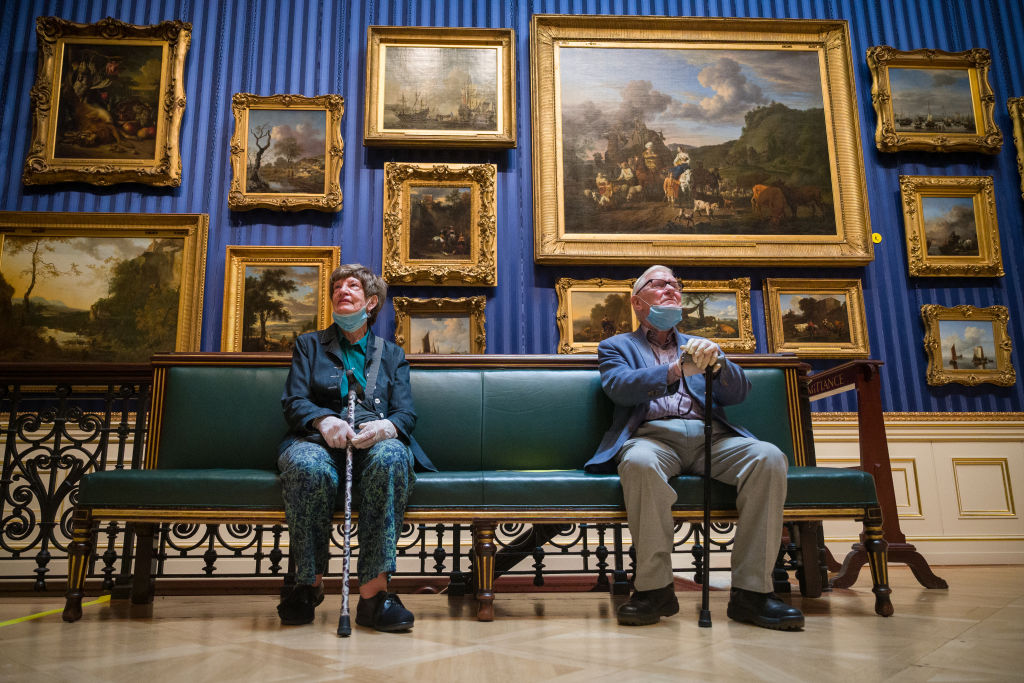

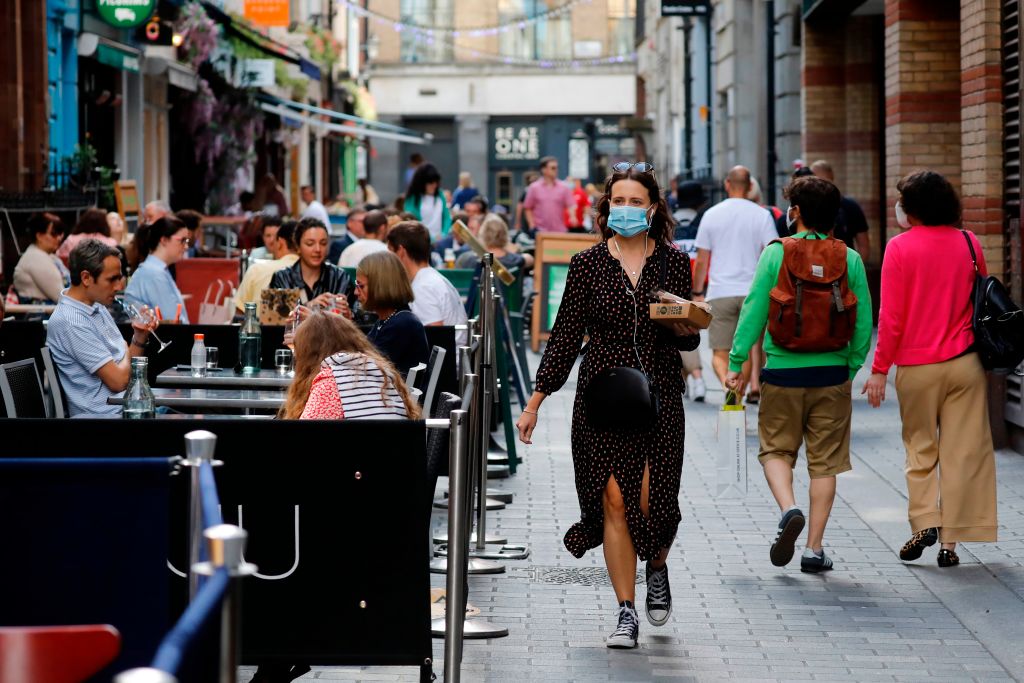
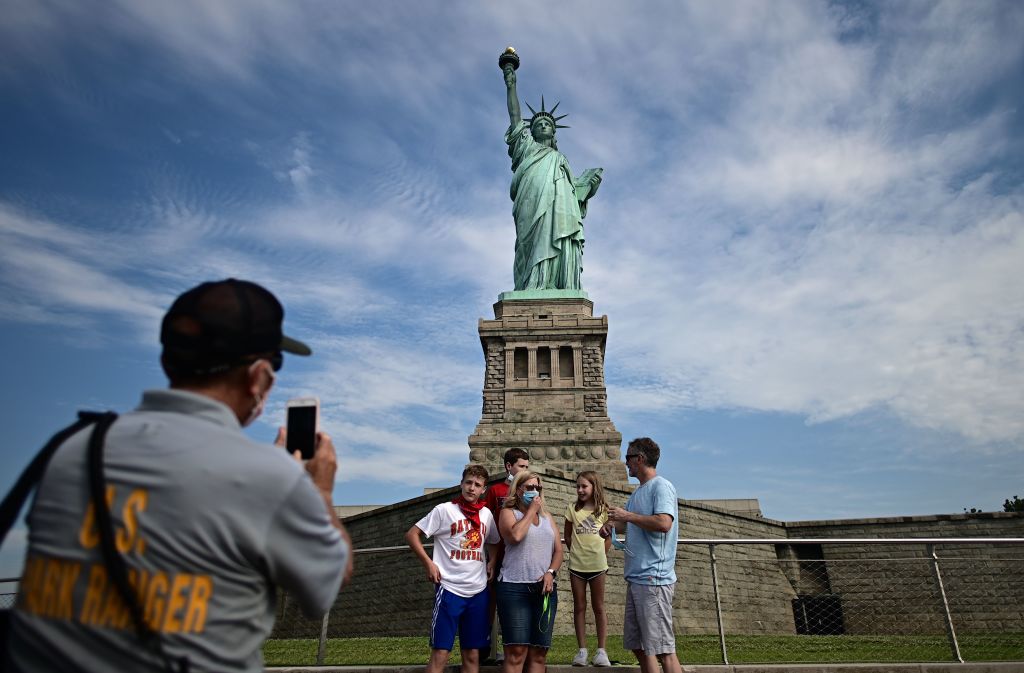
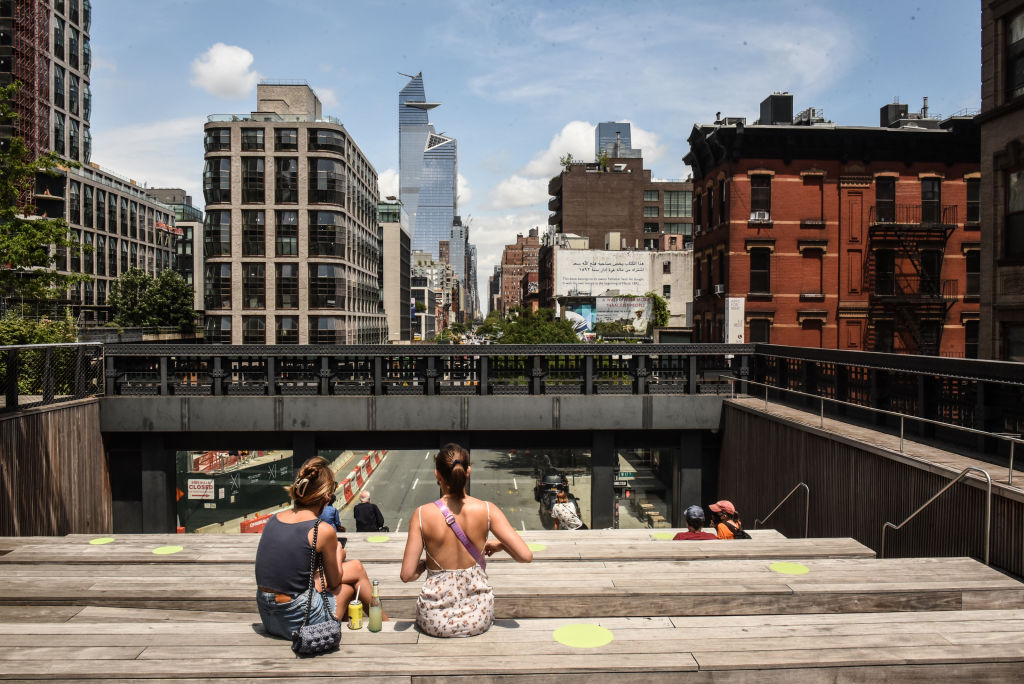
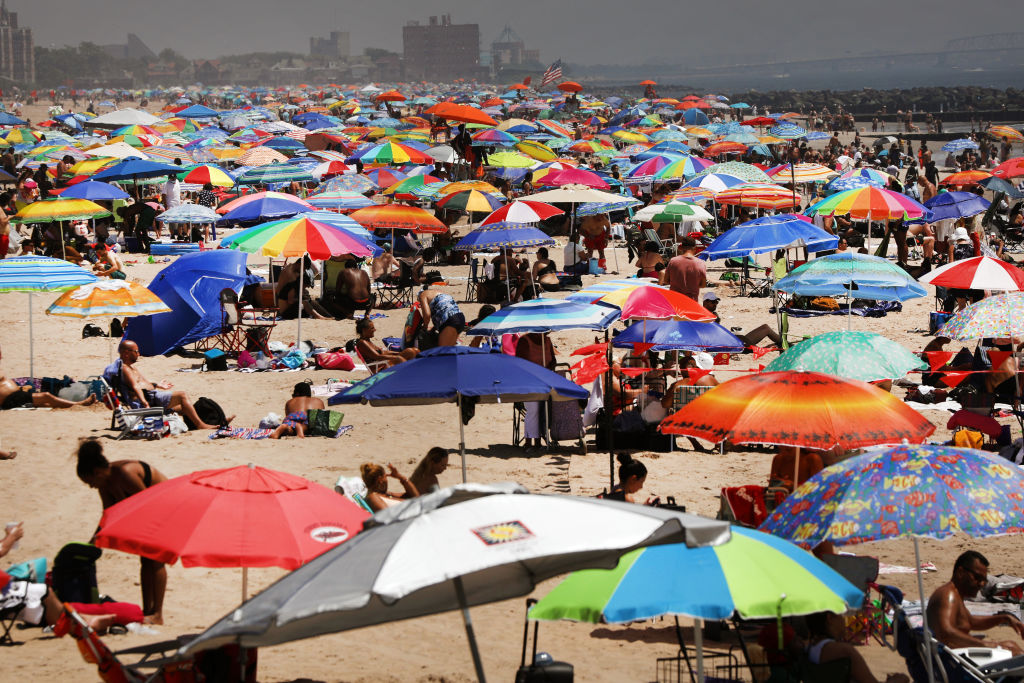
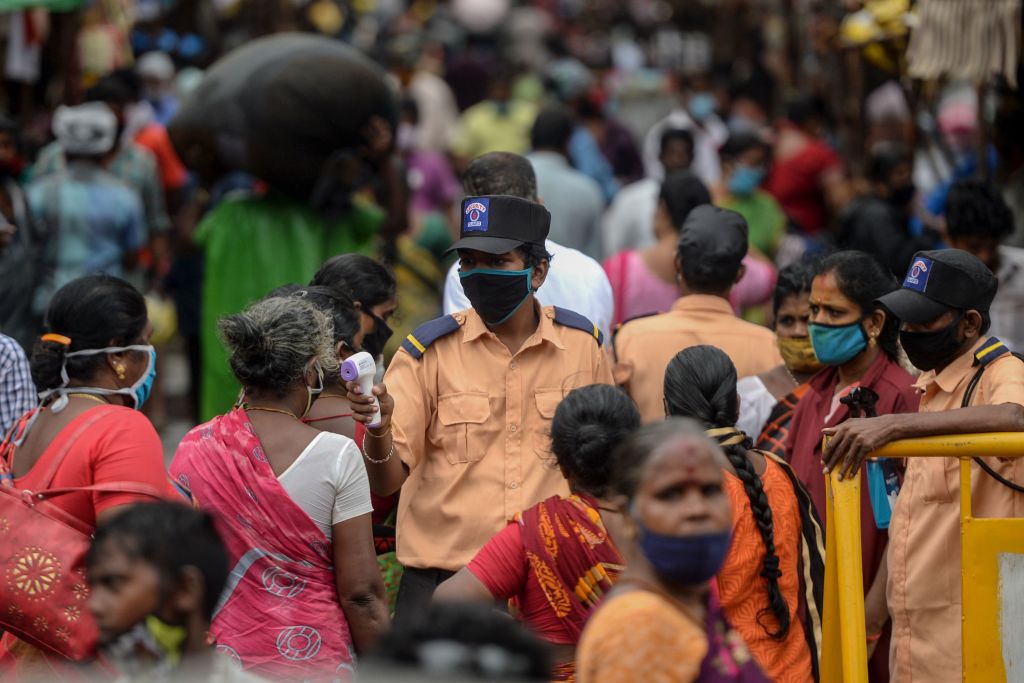
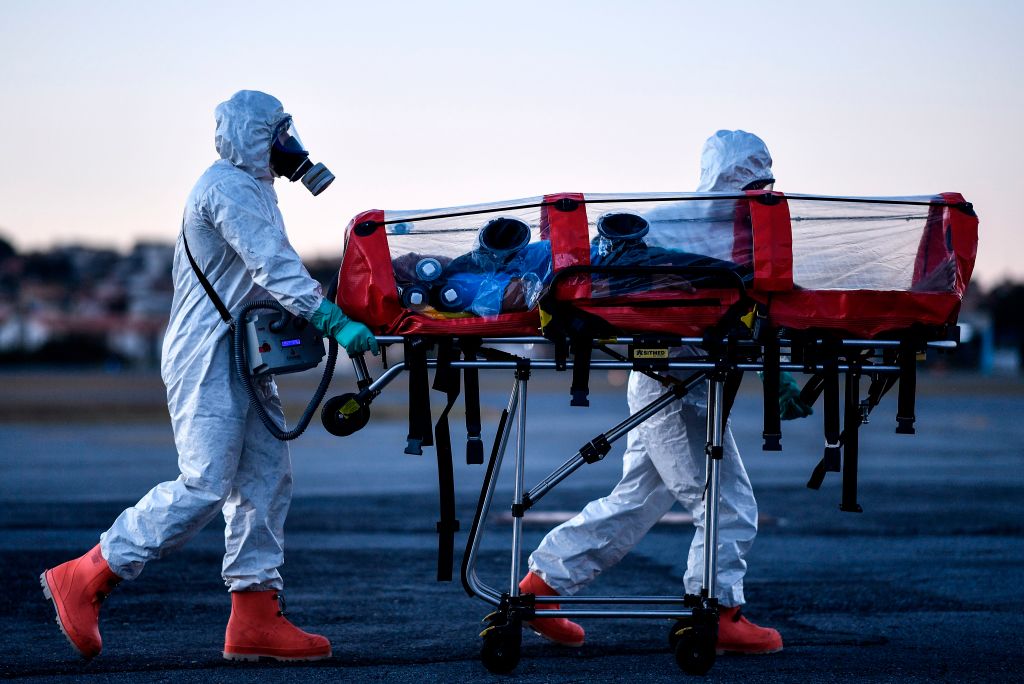 Latin Americahttps://abs.twimg.com/emoji/v2/... draggable="false" alt="🌏" title="Asien-Australien auf dem Globus" aria-label="Emoji: Asien-Australien auf dem Globus">Indiahttps://abs.twimg.com/emoji/v2/... draggable="false" alt="🌍" title="Europa-Afrika auf dem Globus" aria-label="Emoji: Europa-Afrika auf dem Globus">South AfricaHerd immunity, as a general concept, could mean a more dangerous virus for some areas and population subgroups https://trib.al/ACe2r0n&q..." title="That hypothetical scenario might help explain the severe Covid-19 toll in:https://abs.twimg.com/emoji/v2/... draggable="false" alt="🌎" title="Amerika auf dem Globus" aria-label="Emoji: Amerika auf dem Globus">Latin Americahttps://abs.twimg.com/emoji/v2/... draggable="false" alt="🌏" title="Asien-Australien auf dem Globus" aria-label="Emoji: Asien-Australien auf dem Globus">Indiahttps://abs.twimg.com/emoji/v2/... draggable="false" alt="🌍" title="Europa-Afrika auf dem Globus" aria-label="Emoji: Europa-Afrika auf dem Globus">South AfricaHerd immunity, as a general concept, could mean a more dangerous virus for some areas and population subgroups https://trib.al/ACe2r0n&q..." class="img-responsive" style="max-width:100%;"/>
Latin Americahttps://abs.twimg.com/emoji/v2/... draggable="false" alt="🌏" title="Asien-Australien auf dem Globus" aria-label="Emoji: Asien-Australien auf dem Globus">Indiahttps://abs.twimg.com/emoji/v2/... draggable="false" alt="🌍" title="Europa-Afrika auf dem Globus" aria-label="Emoji: Europa-Afrika auf dem Globus">South AfricaHerd immunity, as a general concept, could mean a more dangerous virus for some areas and population subgroups https://trib.al/ACe2r0n&q..." title="That hypothetical scenario might help explain the severe Covid-19 toll in:https://abs.twimg.com/emoji/v2/... draggable="false" alt="🌎" title="Amerika auf dem Globus" aria-label="Emoji: Amerika auf dem Globus">Latin Americahttps://abs.twimg.com/emoji/v2/... draggable="false" alt="🌏" title="Asien-Australien auf dem Globus" aria-label="Emoji: Asien-Australien auf dem Globus">Indiahttps://abs.twimg.com/emoji/v2/... draggable="false" alt="🌍" title="Europa-Afrika auf dem Globus" aria-label="Emoji: Europa-Afrika auf dem Globus">South AfricaHerd immunity, as a general concept, could mean a more dangerous virus for some areas and population subgroups https://trib.al/ACe2r0n&q..." class="img-responsive" style="max-width:100%;"/>
